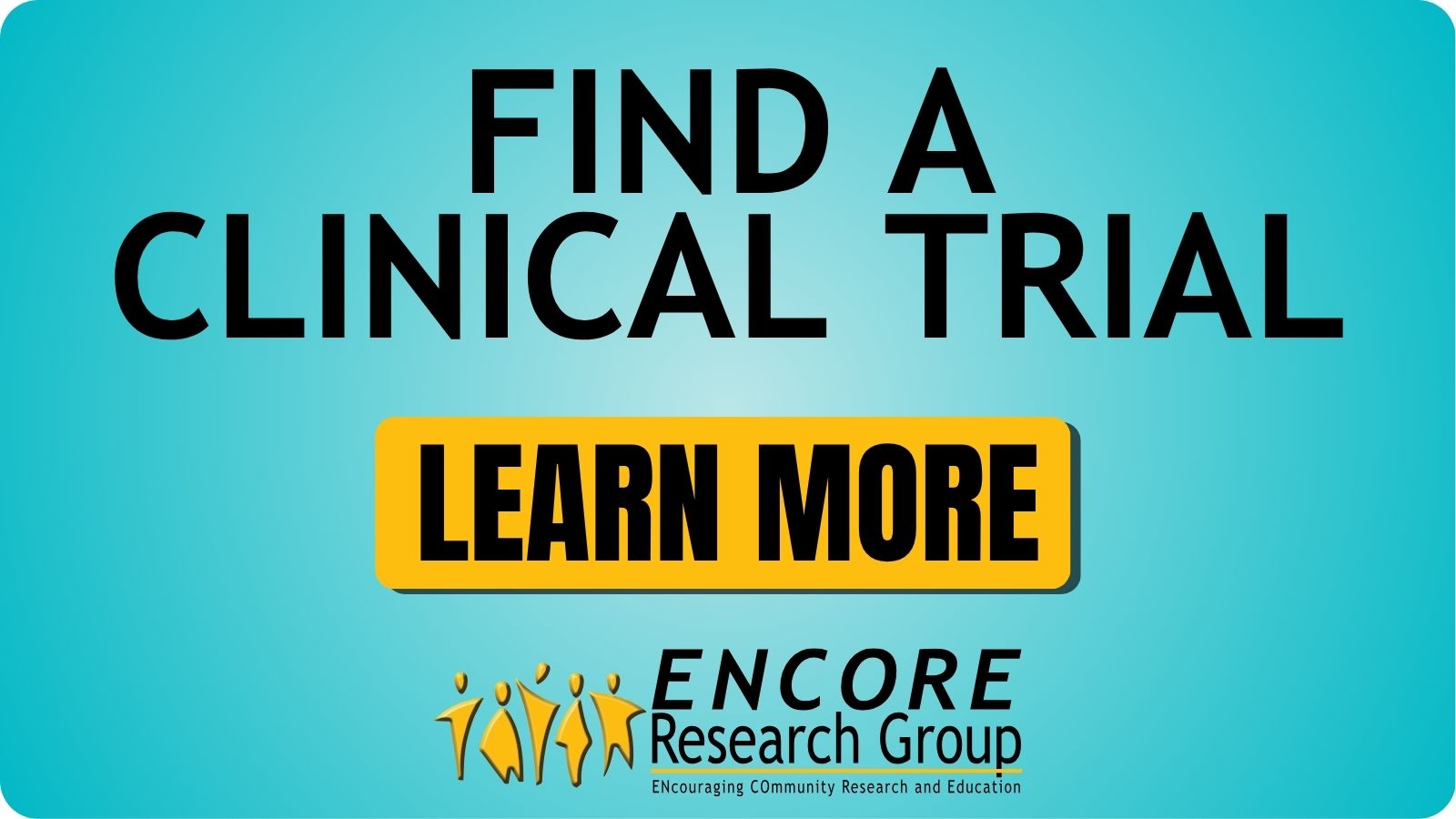Is Natural Always Better? A Health Discussion

Audio
Ever wondered what truly defines "natural" in the realm of health and medicine? Join us on the MedEvidence Monday Minute as Dr. Michael Koren and Kevin Geddings unravel this intriguing concept alongside sleep expert Dr. Mitchell Rothstein. From circadian rhythms to modern pharmacology, this episode explores how natural mechanisms like satiety signals are enhanced by GLP-1 agonists such as Ozempic and Mounjaro to achieve better health outcomes. Discover how these treatments, while pharmaceutical, leverage our body's inherent processes to help us live longer, healthier lives.
Dr. Koren shares a fascinating story from a recent live Sleep Apnea presentation that delves into the nuances of natural versus pharmaceutical interventions. Also, learn about an ongoing sleep study that's breaking new ground by helping overweight individuals improve their sleep through weight reduction. This episode challenges the romanticized view of "natural" by emphasizing that nature, while beneficial, can also pose significant risks. Tune in to gain clinical insights, hear compelling narratives, and understand how MedEvidence is committed to bringing the truth behind the data to light.
Be a part of advancing science by participating in clinical research
Recording Date: June 24, 2024
Powered by ENCORE Research Group
Music: Storyblocks - Corporate Inspired
Transcripts
Transcript:
Generated by AI
Announcer: 0:00
Welcome to the MedEvidence Monday Minute Radio Show hosted by Kevin Geddings of WSOS St. Augustine Radio and powered by ENCORE Research Group. Each Monday morning, Dr. Michael Koren calls in to bring you the latest medical updates with insightful discussions. MedEvidence is where we help you navigate the real truth behind medical research, with both a clinical and research perspective. So sit back, relax and get ready to learn about the truth behind the data in medicine and healthcare. This is MedEvidence.
Kevin Geddings: 0:32
Dr. Michael Koren, of course, is a research scientist and medical doctor and cardiologist. He also heads up ENCORE Reasearch Group opportunities for all of us to participate in leading-edge medical research. So what do you have for us today, doctor?
Michael Koren: 0:46
Last week, Dr. Mitchell Rothstein was teaching us all about sleep and, of course, sleep is a natural cycle. I think I mentioned this before is that my sophomore year college professor won the Nobel Prize for discovering that all cells have circadian rhythms, i. e. they change the way they work during the course of 24 hours. So it got us into a discussion about what's natural. So, after our standard remarks, we have a question and answer session and Dr. Rothstein, who was a superstar and just wowed everybody, had a lineup of about 30 people waiting to ask him an individual question and I had three people that felt sorry for me, that asked me questions on the side, but that was ok Dr. Rothstein was definitely the content expert, but the interesting thing is that one of those questions was a woman who was talking to me about research and her cardiology condition and other things, and I mentioned about clinical trials and then she said to me well, I'm a person that likes natural things. I said, oh, that's interesting. We started to explore what that means and one of the things that we talked about was the GLP-1 agonist, and these are drugs like Ozempic and Mounjaro what they do really is they just enhance the natural signal that makes everybody feel full, feel sated. It's, it's a satiety signal and we we need that, naturally, because, of course, um, if we didn't have that, we wouldn't know when to stop eating right this is a natural signal that helps us, uh, know when it's when enough is enough.
Michael Koren: 2:23
And you can imagine what we call teleology, or why people have certain characteristics for survival purposes, that it would be important to eat as much as you can, because in caveman days you didn't know when your next meal was coming. So, biologically and naturally, we're programmed to probably eat more than really we should in the modern era, and so isn't it kind of natural if we just use that mechanism and enhance that with good studies, and not only that, we know the Munjaro safety of enhancing it quote, using this natural mechanism and we can do it in a way that actually shows that, at the end of the day, more people live longer, live happier, have fewer complications and lose weight. So that was a really interesting conversation about what in fact is natural and how do you treat things that are, of course, in the province of the pharmaceutical industry but really working off of natural mechanisms.
Kevin Geddings: 3:21
Interesting right.
Michael Koren: 3:23
We're doing a sleep study right now, which is really interesting because we're looking at helping people who are overweight, who have sleep problems, sleep better, based on reducing their weight. So some really interesting research that we're doing, and again, a lot of it looks at natural mechanisms of treating people, of treating people, and which lends itself to another discussion is is nature all that it's cracked up to be? And I'd like to remind some people that asked me about is this natural that a snake bite is natural? So, when you think about it, we live a lot longer than we used to because man has figured out a way to protect ourselves from nature.
Kevin Geddings: 4:02
Nature obviously can throw us some curveballs as well, even though nature is ultimately natural right.
Michael Koren: 4:10
That is true.
Kevin Geddings: 4:11
Well, if you have any questions about that or participating, we encourage you once again to go to e ncoredocs. com. That's encoredocs.com. Hey, before we let you go, Dr. Koren, of course a lot of this kind of information, done in a very systematic and trustworthy way, can be found on a very special website, medevidence.com. Correct?
Michael Koren: 4:31
That is correct. We call it the truth behind the data. It's really getting a lot of play more and more nationally. A lot of people have called me from other parts of the country and have become aware of it and it's a wonderful way to understand what we know about a certain topic, what we don't know about a certain topic and how we're going to learn about the things we don't know. So people appreciate sort of the openness and it helps them make decisions for their own health care. So we're getting tremendously positive feedback. So check it out medevidence.com.
Kevin Geddings: 5:01
Dr. Michael Koren. Thank you very much for joining us. We'll talk with you soon, Take care.
Announcer: 5:06
Thanks for joining the MedEvidence podcast. To learn more, head over to MedEvidence.com or subscribe to our podcast on your favorite podcast platform.



